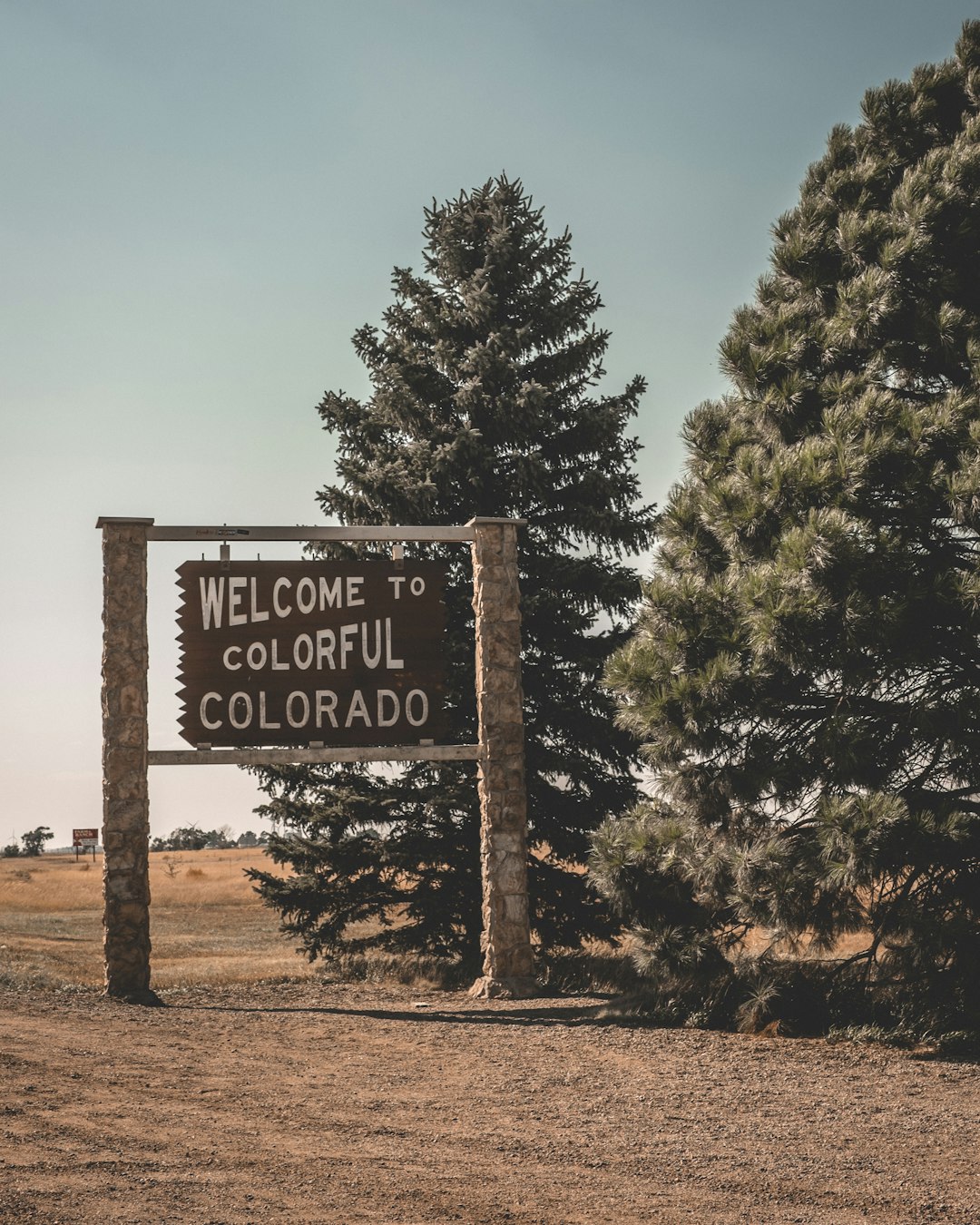In Colorado, clergy abuse involves misconduct by religious leaders like priests or pastors, often leading to emotional trauma, manipulation, and sexual harassment/assault within confidential church settings. Victims should consult experienced clergy abuse attorneys Colorado for understanding their rights, navigating legal processes, pursuing justice, and facilitating healing. Specialized knowledge is crucial for these cases, with initial consultations offering safe spaces to recount experiences, expert guidance, case assessments, and strategic planning tailored to unique situations. This empowers individuals to make informed decisions towards justice and healing in complex legal waters.
“In Colorado, addressing clergy abuse is a critical step towards healing and justice. This comprehensive guide delves into the complex issue, offering insights on recognizing and understanding patterns of abuse within religious institutions. Furthermore, it navigates the legal landscape, emphasizing the importance of finding qualified clergy abuse attorneys in Colorado. From identifying red flags to the journey towards justice, this article equips individuals with knowledge, ensuring they can take informed steps following a consultation, fostering a safer spiritual environment.”
Understanding Clergy Abuse: Recognizing Patterns and Red Flags in Colorado

In Colorado, clergy abuse refers to any form of misconduct or exploitation committed by individuals in positions of religious authority, including priests, pastors, and other spiritual leaders. Recognizing patterns and red flags is crucial for victims seeking justice and healing. Common signs include emotional manipulation, controlling behavior, and sexual harassment or assault, often occurring behind closed doors within the confidential setting of a church or spiritual community.
If you’re in Colorado and facing clergy abuse, it’s important to consult with experienced clergy abuse attorneys Colorado. These legal professionals can help victims understand their rights, navigate complex legal processes, and pursue justice against perpetrators. They can also facilitate safe transitions for victims, offering support as they leave abusive situations and begin the healing process.
Navigating Legal Options: Finding the Right Clergy Abuse Attorneys in Colorado

Navigating legal options for clergy abuse cases can be a complex task, especially in Colorado where victims may face unique challenges. The first step is to find reputable clergy abuse attorneys who specialize in such cases and have experience handling them within the state’s legal framework. It’s crucial to choose lawyers who are well-versed in understanding the emotional toll of such experiences and can offer sensitive, compassionate guidance.
In Colorado, victims of clergy abuse can seek justice by consulting with attorneys who focus on religious institution liability and have a proven track record of success. These specialists understand the intricate legal aspects and can help determine the best course of action based on the specific circumstances of each case. They can guide victims through the process, ensuring their rights are protected and they receive the support they need to pursue justice.
The Journey to Justice: What to Expect During a Legal Consultation for Clergy Abuse Cases

When someone reaches out to discuss a potential clergy abuse case in Colorado, they often feel a mix of emotions: uncertainty, hope, and apprehension. The journey to justice can seem daunting, but the first step is a crucial one—the legal consultation. During this initial meeting with experienced clergy abuse attorneys, clients can expect an open, non-judgmental space to share their experiences and receive tailored guidance.
The consultation provides an opportunity for victims to understand their rights and options fully. Clergy abuse attorneys will carefully listen to the details of each case, reviewing the facts, timelines, and potential legal avenues for resolution. They’ll explain the strengths and weaknesses of the case, discuss potential outcomes, and outline a strategic plan moving forward. This transparent process empowers clients with knowledge, enabling them to make informed decisions about their next steps in pursuit of justice and healing.





